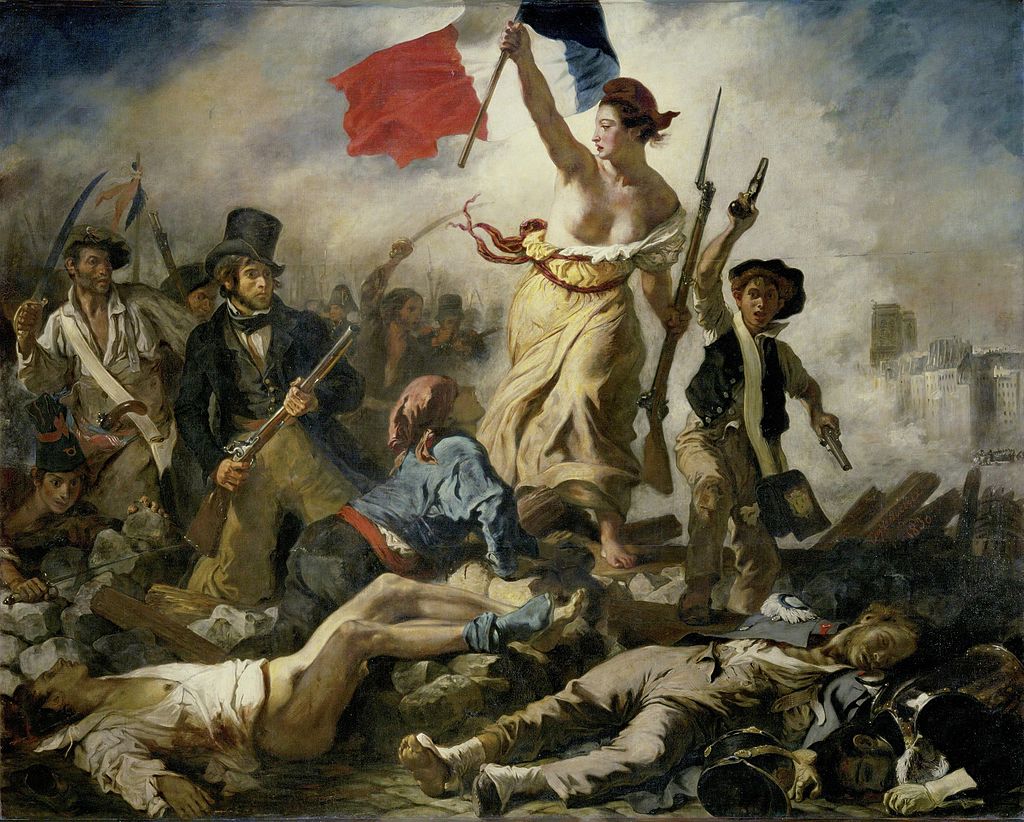
This module studies political regimes and regime change. It will introduce classic theories, current debates, and state-of-the-art tools in the field of democratisation and authoritarianisation. While the number of democratic regimes across the globe grew between the mid-1970s and mid-2000s, it has stagnated in the last decade and, now, democracy seems to be under attack even in some of its oldest bastions in North America and Western Europe. This raises a number of fundamental questions. What difference does it make to live in a democracy over a dictatorship? How does democracy emerge and what makes it endure? When do democratic revolutions occur? What do the authoritarians do to prevent them? Can democracy be exported? When and how do democracies break down? These are just some of the questions that will be tackled. Although the module employs historical examples and case studies (e.g., democratisation in Central and Eastern Europe or in Latin America), a particular focus lies on the latest political developments (e.g, the Arab Spring, democratic backsliding in Turkey, the rise of illiberal democracy in Hungary and Poland etc.).